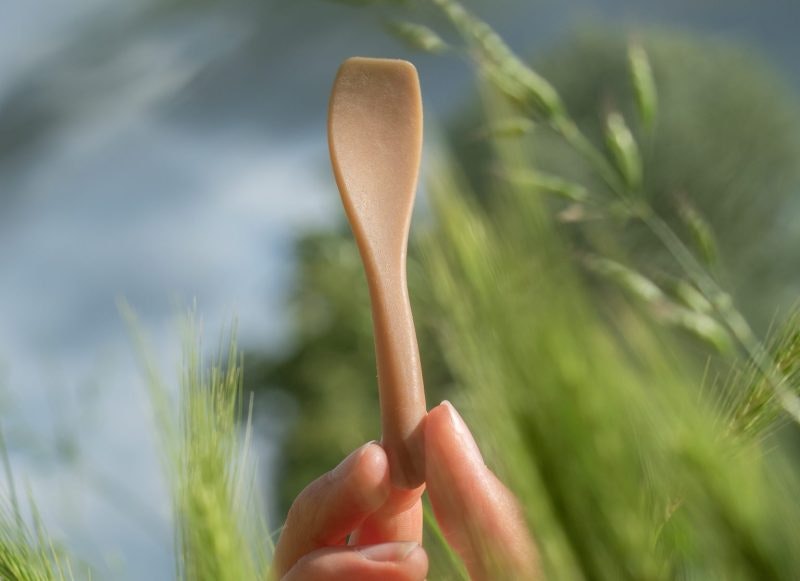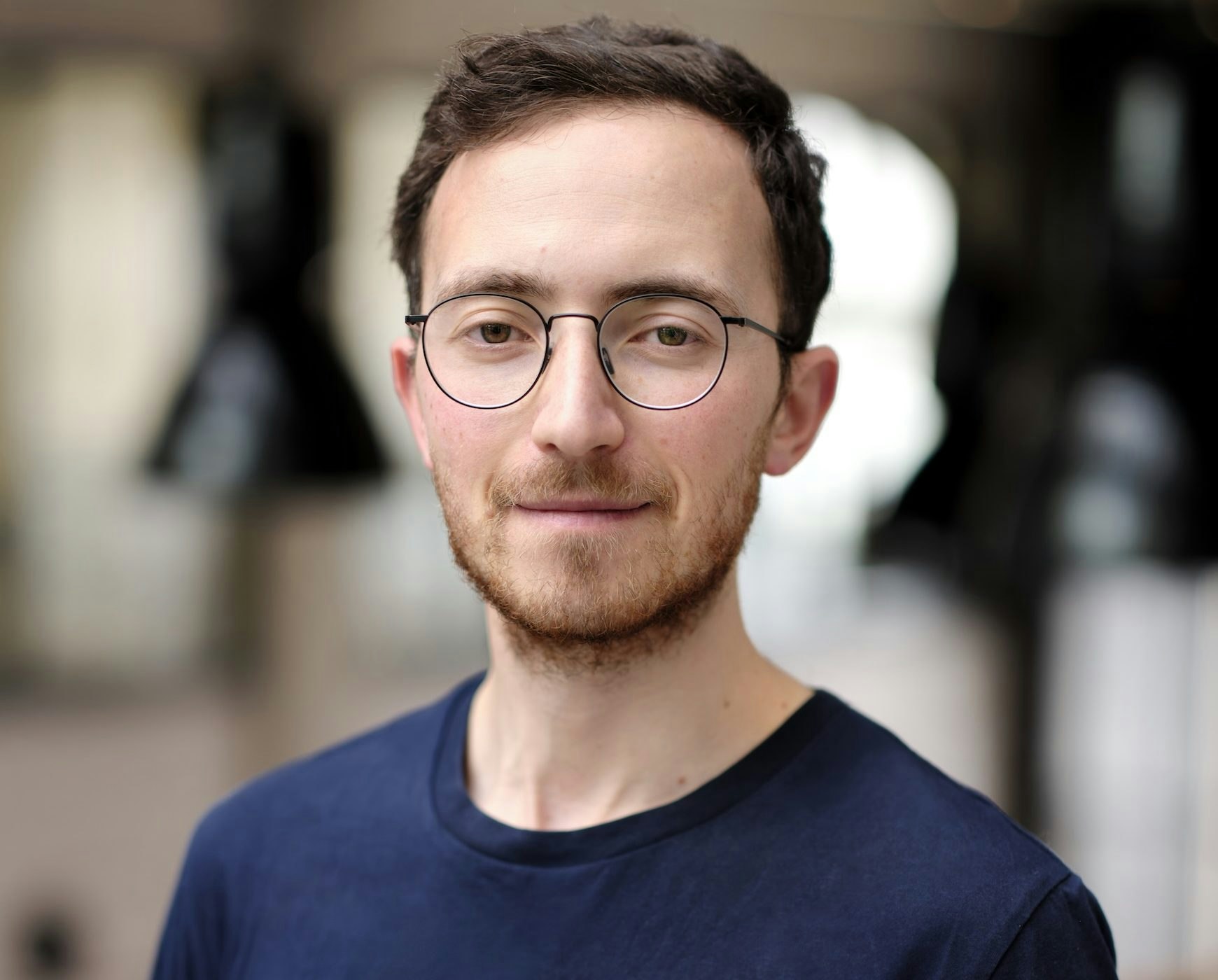UK-based Notpla, a startup which makes plastic-free packaging like seaweed-coated food containers and edible capsules that contain drinkable liquid, has raised £20m as it looks to expand in the US.
The round was led by United Bankers and featured Catalytic Capital for Climate and Health (C3H), a new fund managed by Temasek Trust — the philanthropic arm of Singaporean sovereign wealth fund Temasek. Existing investors Horizons Ventures and Astanor were also involved.
It’s the biggest round for a European sustainable packaging startup in 2024 so far — after a record year of funding in the sector in 2023 — and comes as Europe and the US move towards stricter regulation on non-recyclable packaging.
The fresh capital will be used to scale up manufacturing capabilities, broaden the company’s product range and establish a foothold in new markets, particularly in North America, Rodrigo García González, cofounder and co-CEO of Notpla, tells Sifted.
How do you solve a problem like plastic packaging?
Notpla is looking to solve a very big problem: that plastic packaging can take years to decompose and is the biggest contributor to the masses of plastic waste polluting the environment.
The startup makes a number of seaweed-based packaging alternatives, including spoons for ice cream, seaweed paper and food oil sachets, which decompose in four to six weeks, says González.

Last year, Notpla made around £1.5m in revenue — a figure which the company has almost doubled so far this year, says González. Since launching in 2014, Notpla says it’s sold over 16m plastic-free packaging items — and it hopes to see that figure rise to over 100m annually in the next couple of years.
To hit those numbers, González's got his eyes on the US market, which he tells Sifted has a packaging market 10 times the size of Europe’s.
Notpla is currently active in 10 European countries, including Germany, Spain and the Netherlands — largely due to a partnership with JustEat, according to González, which features Notpla’s packaging on its seller portal (which gives vendors access to products from packaging to motorbikes for delivery drivers). Its biggest market is the UK, where customers include 50 football stadiums around the country.
“We expect our European market share, where we're already well-established, to increase rapidly as a result of this investment,” says González. “Notpla's US market penetration will take a little longer to catch up due to the need to establish the right manufacturing and infrastructure, but, given the scale of the market and demand for plastic-free alternatives, there's certainly scope for it to overtake in the next few years.”
Increasing volume
About three quarters of Notpla’s revenue currently comes from the startup selling packaging it manufactured itself — from design to final product — at a number of manufacturing facilities across the UK, Germany and Netherlands.
The remaining quarter comes from moving “further down the supply chain”, says González, and just selling the base materials to make the packaging to other manufacturers. Eventually, he sees the bulk of Notpla’s business coming from this model.
“Packaging is a game of scale,” he tells Sifted. “Normally the margins are smaller [when you move down the supply chain] but the volume is bigger.”
Notpla is also banking on regulation increasingly pushing businesses towards more sustainable packaging options.
In recent years, a number of single use plastic packaging and items were banned in the UK and EU — with the latter set to ban all single-use plastics by 2030. There have also been moves in some US states to limit plastic packaging.
That regulatory shift has increased investor confidence in alternative solutions to plastic packaging — and it’s one of the reasons Notpla was able to raise double the amount it set out to, says González.
It’s not the only startup to cash in. In Europe, sustainable packaging startups raised $221m in 2023, according to Dealroom — a record sum and more than double the previous highest year of funding in 2022.
Last year, Germany’s Traceless Materials picked up €36.6m, London’s Pulpex raised £20m and Finland’s Paptic €23m. The biggest raise other than Notpla’s round this year is Dutch startup Paques Biomaterials’s €14m, which it raised in January.
7 deals for Temasek in 2024 so far
Notpla's raise was the first investment by Temasek Trust's new impact fund C3H. It comes as Temasek has looked to up its deal count in Europe this year after a quiet 2023.
The sovereign wealth fund has pumped capital into seven startups in the region so far in 2024 (not including Notpla's raise), according to Sifted data — including French healthtech Alan’s €173m Series F, UK fintech SumUp’s €1.5bn debt round and Robin AI’s $26m round.
While those deal numbers still fall short of the 13 completed in 2022, according to comparable data from Dealroom, it's a rise on the four deals Temasek did in 2023.
Also involved in Notpla’s round: the Schmidt Family Foundation, Radicle Impact, EIT Food’s AgriFoodInvest, Lemos Family Foundation, Kibo Invest, Rosebrook, Trousdale Ventures and Oceanborn Foundation.
Correction 25/9/24: This article has been amended to clarify that Temasek's philanthropic arm Temasek Trust, rather than Temasek itself, was an investor in the round.



